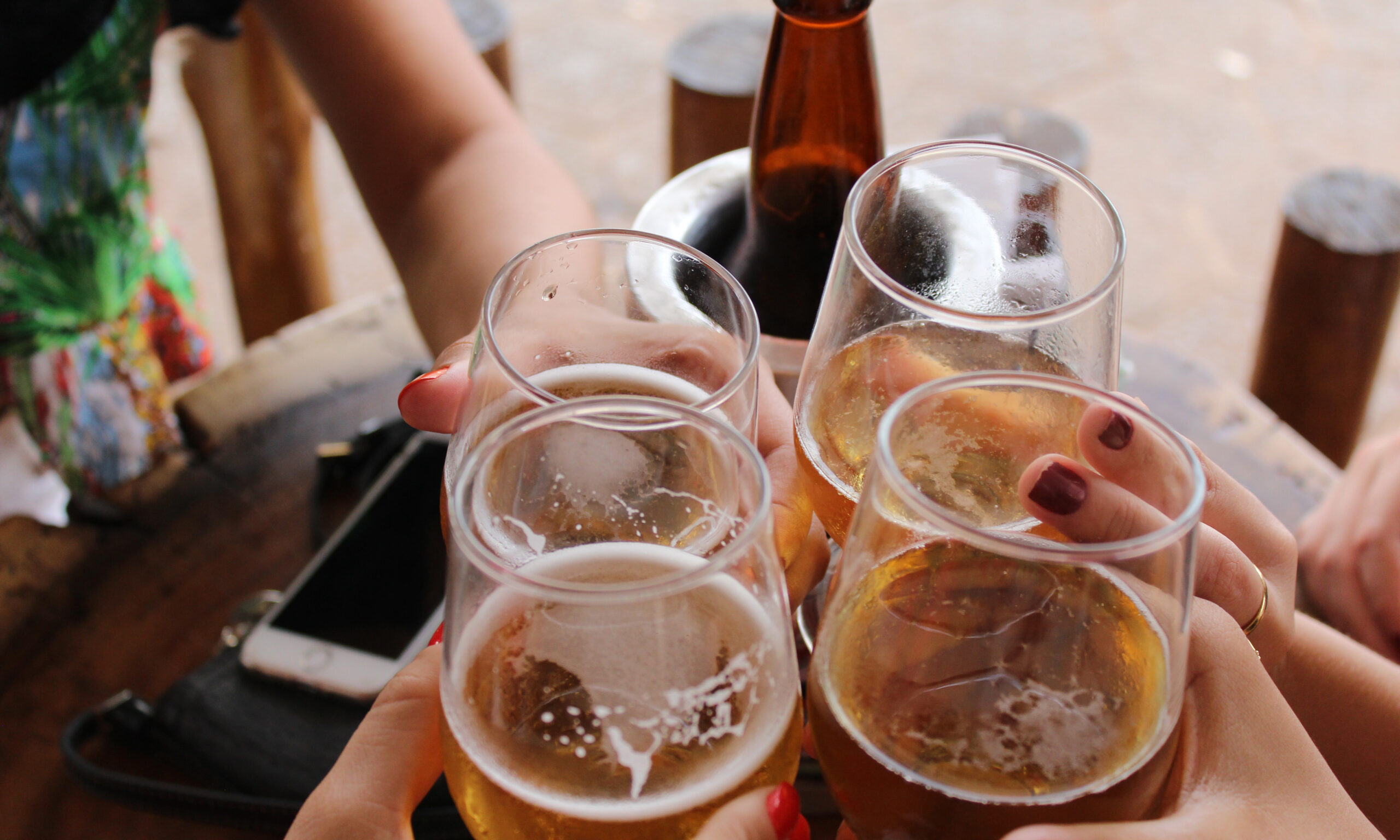Scientists at the Federal Institute of Technology in Zurich, Switzerland, have developed a revolutionary gel that promises to prevent the effects of alcohol. The substance, which is based on milk proteins and gold and iron nanoparticles, has the ability to neutralize the effects of alcohol in the body. But there's a problem: the gel also prevents you from drinking.
It works as follows: It acts directly in the digestive system, where it breaks down alcohol into acetic acid before it reaches the bloodstream.
This way, the liver does not need to go through the toxic acetaldehyde phase, which is responsible for hangover symptoms. However, because alcohol only takes effect after it enters your bloodstream, the gel prevents you from drinking.
Although not being able to drink can be considered a disadvantage, there are cases where it can be beneficial. For example, for those who enjoy the taste of drinks, wine and beer, but do not want the alcoholic effects, gel is an alternative.
In addition, people with hereditary intolerance to acetaldehyde, which is more common in some East Asian populations, may benefit from this technology.
The researchers conducted preliminary tests on mice, and the results were promising. Now it remains to be seen whether this innovation will reach the shelves and whether it will be embraced by those who seek to enjoy life without the discomfort of a hangover. The research was published in the journal Nature nanotechnology.
In addition to anti-hangover gel, can alcohol be good for you?
Alcohol consumption is one of humanity's longest-standing habits, having been recorded for at least 10,000 years. However, excessive alcohol intake has well-established harms.
On the other hand, several recently published studies show that moderate alcohol consumption can reduce the risk of heart disease, diabetes, and even dementia.
Research conducted by the Central Institute of Mental Health in Mannheim, Germany, found that people aged 75 or older who drink beer or a glass of wine daily are less likely to develop senile dementia.
The team reached this conclusion after analyzing more than 3,000 people in this age group, without signs of dementia, who consulted a general practitioner. The scientists followed up with the group after 18 months and again three years later. During this period, only 217 people developed dementia.

“Wannabe internet buff. Future teen idol. Hardcore zombie guru. Gamer. Avid creator. Entrepreneur. Bacon ninja.”


